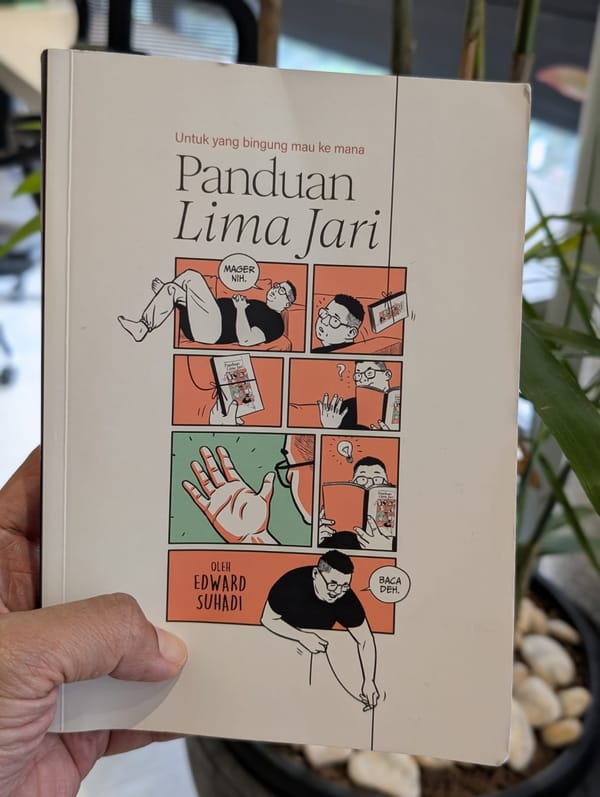Eksil: A two-hour journey into the despair and resilience of men ostracized from their homeland for six decades

Not long after seeing "Eksil," I met a woman whose grandfather has lived in exile since 1965. She confided that her mother's deepest regret was never having met her own father.
Lola's two-hour documentary masterfully distills six decades of such despair, a poignant reminder of the ripple effects of historical upheaval. Most of the figures in Lola's film have now passed away – university students in a faraway land, abruptly cast into permanent exile.
These men were barred from returning to Indonesia in the tumultuous aftermath of Sukarno's fall. Their crime? Being sent abroad to study by the PKI, Indonesia's now-banned communist party. Lola shares their stories through a series of intimate interviews.
We begin with a flicker of hope: the men fondly recount university friendships, youthful hobbies, and exams taken in the Soviet Union and China. Even in their old age, genuine smiles crease their faces, mirroring the close-up photos of their younger selves.
Yet, as they recount the abruptness of exile, their smiles fade, replaced by the weight of a stolen future. In the wake of the PKI's fall, their passports and any chance of returning home vanished into thin air.
Scattered across Europe, they built new lives – new jobs, families, routines. The film's strength lies in showcasing this diversity, a testament to the human capacity for adaptation. But a shared despair remains; the aching wound of being abandoned by a country they still hold dear.
Many films offer escapism, a few hours of captivating storytelling. But "Eksil" is a film that lingers, a haunting reminder of how quickly power and sentiment can shift. It forces us to confront the ripple effects that span generations and how those born long after the pivotal moment are left to piece together a forgotten history.
Note:
As of March 21st, 2024, Eksil is still showing at Plaza Senayan





